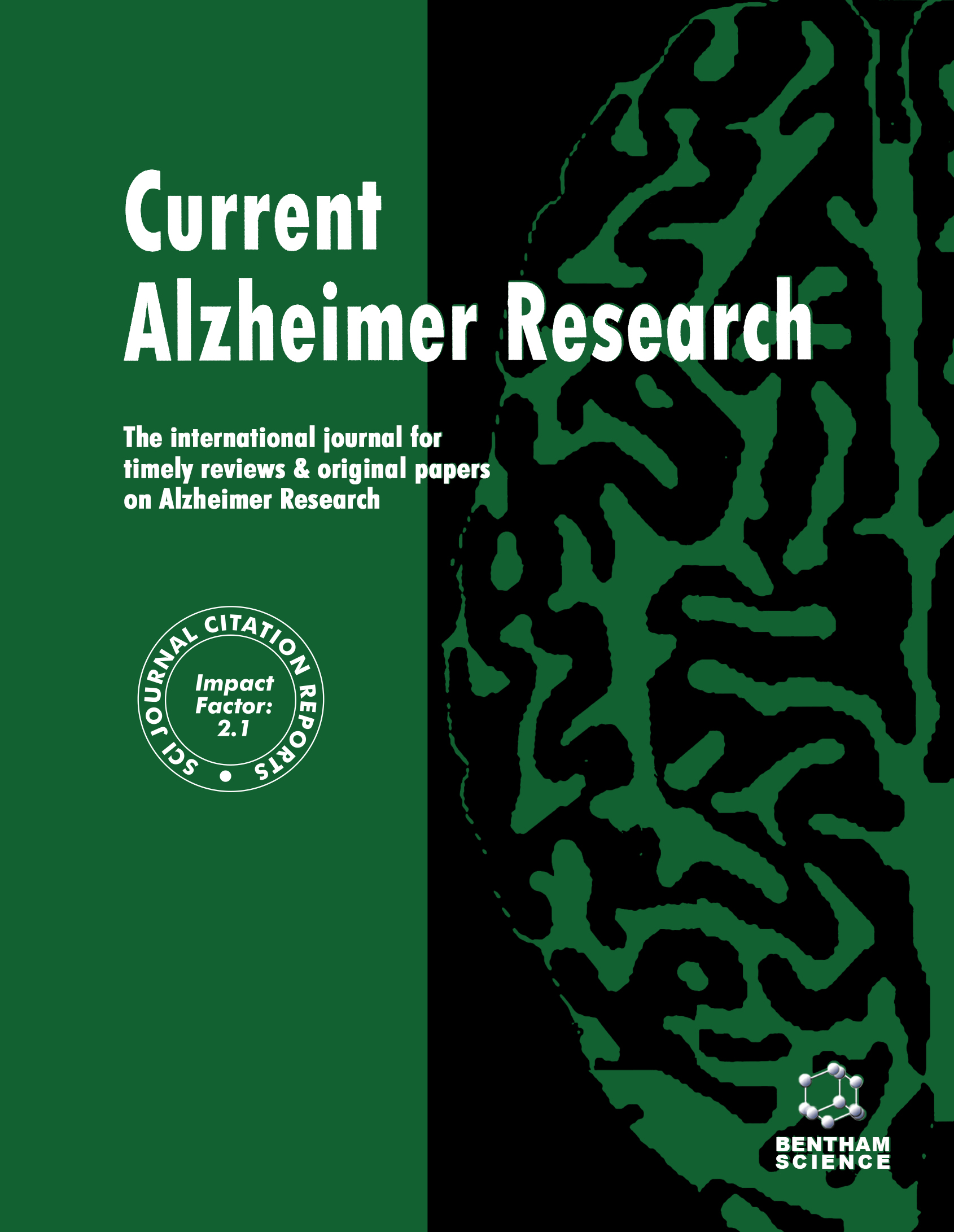-
oa Editorial (Thematic Issue: Prevention Strategies Targeting Different Preclinical Stages of Alzheimer’s Disease)
- Source: Current Alzheimer Research, Volume 12, Issue 6, Jul 2015, p. 504 - 506
-
- 01 Jul 2015
Abstract
The incidence of dementia is rapidly increasing not only in developed countries but also in developing countries with rising aging populations. This trend is expected to worsen, with the number of cases possibly tripling in the coming decades. Over the last few decades, epidemiological studies have revealed that vascular-or lifestyle-related factors are associated with an increased risk of Alzheimer’s disease (AD) and dementia. Researches into the pathophysiological processes of AD have revealed that the pathological brain lesions of AD begin decades before the onset of symptoms. Many prevention studies have indicated that physical activity and/or mental training can improve cognition and daily life in subjects with AD or mild cognitive impairment (MCI). However, issues with early detection and preclinical staging and effective preventive approaches that are based on these stages remain unresolved. Therefore, we propose different strategies for AD prevention based on its preclinical stages: one involves physical and mental training that targets the risk factors in subjects without pathophysiological changes, and the second approach combines nonpharmacological and pharmacological methods and aims to treat MCI in individuals with amyloid deposits and/or neurodegeneration with drugs that target the amyloid cascade. The results of several ongoing and promising trials are expected in the next few years.


